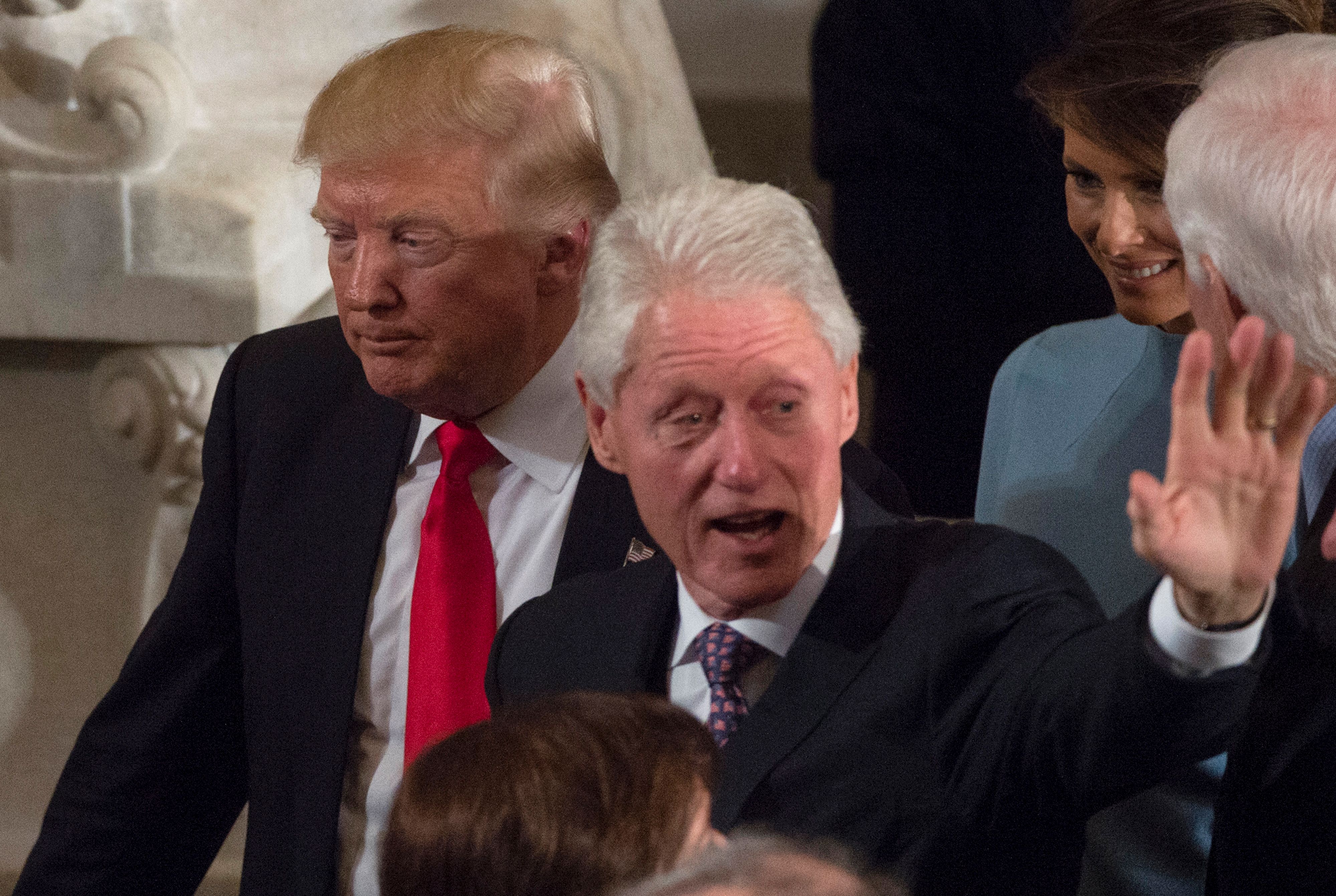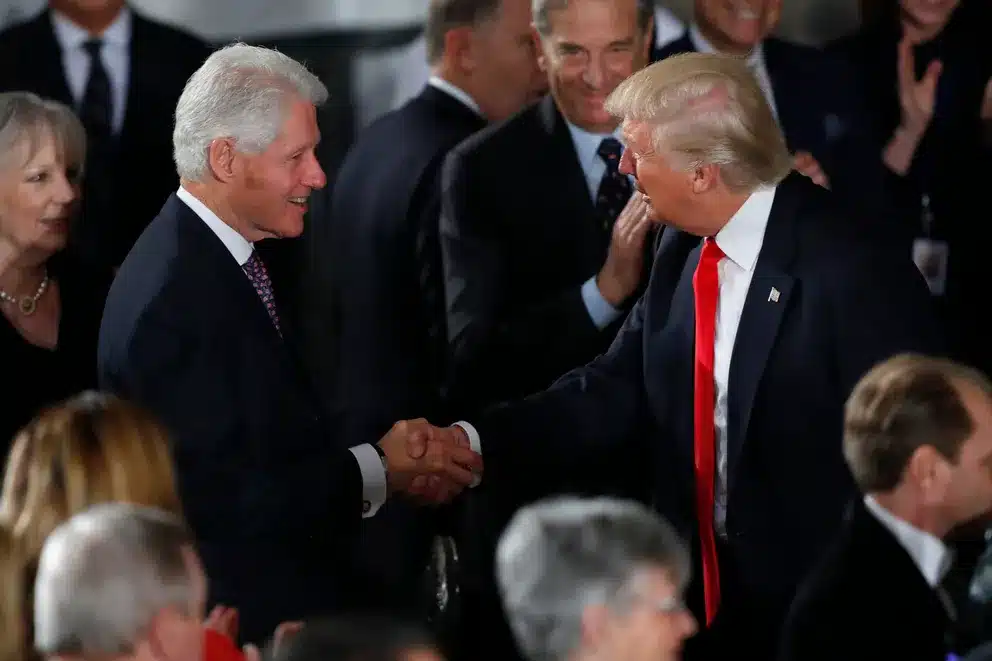The conversation around leadership and accountability took center stage during a candid interview with former President Bill Clinton, aired on “CBS Sunday Morning” on June 1, 2025. Clinton didn’t hold back as he reflected on the state of U.S. politics, specifically addressing the conduct of President Donald Trump and the fitness of President Joe Biden.
When asked whether President Trump’s power has limits, Clinton replied confidently, “Oh yeah,” and pointed to the judiciary—ironically, including many of Trump’s own appointees—as the key institution reining him in. According to Clinton, Trump’s repeated attempts to sidestep legal boundaries show a concerning trend, but he believes there are mechanisms in place to push back. Still, he warned that if those efforts to evade accountability succeed, they could inflict lasting harm not just on Trump himself, but on the nation.
Clinton went on to criticize the former president’s approach to leadership, calling it authoritarian in tone and divisive in effect. “We’ve never seen anything like this before in my lifetime,” he said. “Somebody that says, ‘Whatever I want should be the law of the land. It’s my way or the highway.’” He suggested that Americans, by and large, reject such a mindset and argued that Trump has already “paid a price” for his behavior through declining popularity.
He further condemned Trump’s attempts to disempower the legal system, including reports of barring legal firms from federal buildings simply for defending clients with opposing views. “That ain’t America,” Clinton said, adding that a true legal system must allow both sides to be heard. He called for unity over division and stressed the need for preserving shared national values and rebuilding public trust.
During the same conversation, Clinton also turned his attention to President Joe Biden, responding to growing concerns about Biden’s health and ability to serve. While acknowledging the release of a controversial book, Original Sin, which claimed those close to Biden had noticed signs of cognitive decline, Clinton defended the president. “I thought he was a good president,” Clinton said, and affirmed that in his many conversations with Biden, he had never once left thinking the president was unfit to lead. He acknowledged that the only pressing question was whether anyone could meet the demands of the presidency well into their eighties.

These comments came shortly after renewed scrutiny over Biden’s mental acuity, sparked by recordings from October 2023. In the tapes—obtained by Axios—Biden is heard speaking with special counsel Robert Hur about his handling of classified documents. The interviews, lasting several hours over two sessions, showcased a softer-spoken Biden who occasionally struggled to recall dates, such as the timing of his son Beau’s death or Trump’s election. He sometimes slurred his words and paused for extended moments, with attorneys stepping in to assist.
The release of these recordings triggered a storm of emotional reactions online. Many people described the audio as heartbreaking and alarming. One listener said it was “just plain sad,” while another described it as “horrifying.” For some, the anger wasn’t directed at Biden himself but at those who failed to intervene. One user argued it was like expecting “someone without legs to walk,” placing the blame on Democratic leaders, media allies, and even Biden’s family for allowing him to remain in office.
Other reactions were more politically charged, questioning whether the public was being misled or set up for another election cycle with a president who appears, to some, increasingly unfit. The idea of Biden running again, after the recordings, felt to many like a betrayal of the public trust.
Clinton’s interview, though wide-ranging, ultimately circled back to one central theme: the importance of integrity, limits on power, and a political culture that works toward unity instead of destruction. As the country prepares for another pivotal election season, his comments added fuel to the growing debate over who is fit to lead—and how we as a nation decide what leadership should look like.






